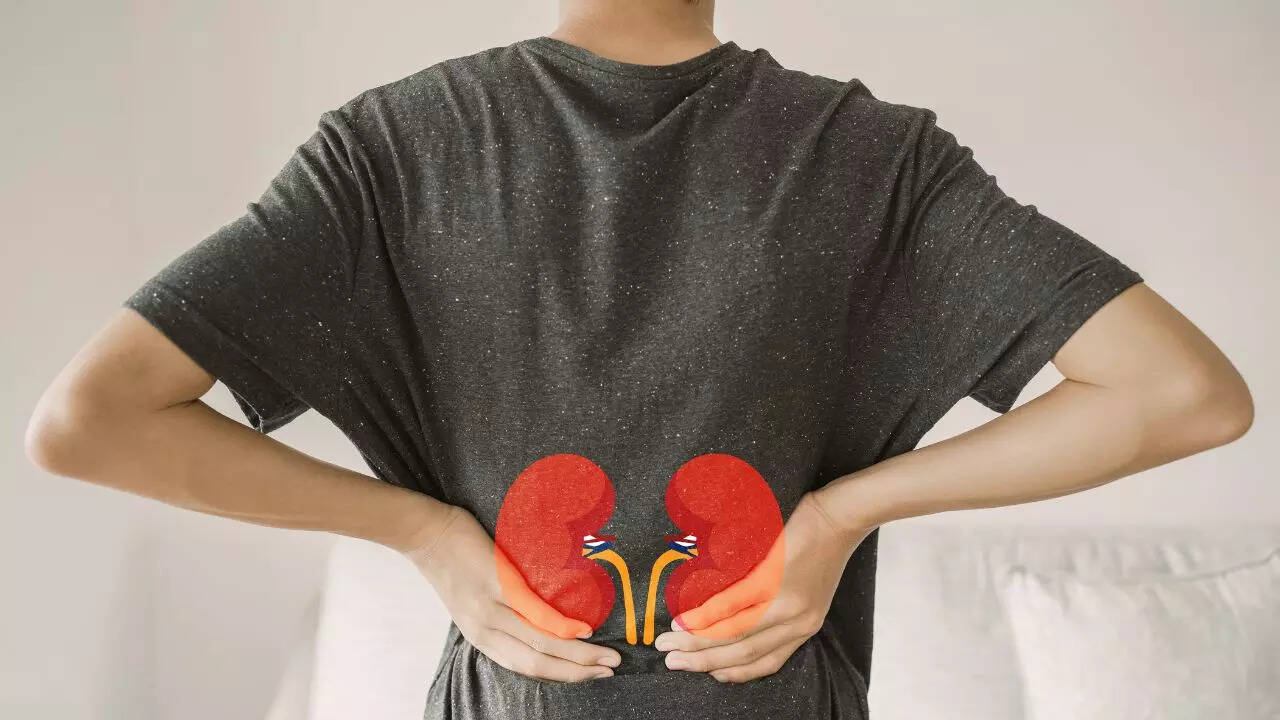High cholesterol is often an invisible threat that can slowly and silently damage your arteries, increasing your risk of heart attack and stroke over time. While many people assume that cholesterol checks are only necessary after the age of 40, experts are urging young adults to start earlier. Cardiologist Dr. Naveen Bhamri, MD, DM (Cardiology), shared an Instagram video where he addressed this growing concern. In the post, he revealed the ideal age to begin cholesterol screening and explained why early detection is crucial — especially if there’s a family history of heart disease or lifestyle-related risk factors. Here’s what you need to know.
When should you first check your cholesterol levels?
In his Instagram video, Dr. Naveen Bhamri recommends that individuals get their cholesterol checked at the age of 20 through a fasting lipid profile. If the results are within a normal range, you can wait 4 to 6 years before your next test. However, those with a strong family history of heart disease, diabetes, high blood pressure, or obesity should get screened earlier and more frequently. Early testing helps catch potential problems before they lead to irreversible heart damage or chronic illness.
Why high cholesterol often goes unnoticed: Symptoms to watch for
One of the most dangerous things about high cholesterol is that it rarely causes noticeable symptoms in its early stages. This means many people go undiagnosed until they suffer a serious cardiovascular event. However, some late-stage indicators can include:
- Chest pain or discomfort
- Fatty deposits (xanthomas) around the eyes or on joints
- Shortness of breath or fatigue
- Numbness or tingling in limbs
Since these symptoms occur only after significant buildup, proactive testing is the only reliable way to monitor your levels.
Heart health tips for young adults: How to stay ahead of the risk
With lifestyle-related conditions on the rise, it’s never too early to protect your heart. Here are some expert-backed tips:
- Eat a balanced diet high in fiber, whole grains, fruits, and vegetables
- Avoid trans fats, processed foods, and excessive red meat
- Exercise regularly — aim for at least 30 minutes of moderate activity, five days a week
- Manage stress through mindfulness, yoga, or therapy
- Avoid smoking and limit alcohol intake
- Prioritize sleep, aiming for 7–9 hours nightly
- Get annual health checkups, even if you feel healthy
Implementing these habits early can help maintain optimal cholesterol levels and prevent future heart problems.
What increases heart disease risk in young people?
According to Dr. Bhamri, the rising number of heart-related issues among young adults is largely driven by modern lifestyles and genetic factors. Key contributors include:
- Family history of cardiovascular disease
- Diabetes, high blood pressure, and PCOS
- Smoking, alcohol, and drug use
- Chronic stress and lack of physical activity
- Obesity and poor dietary choices
- Sedentary desk jobs and excessive screen time
Together, these factors create an environment ripe for early-onset heart disease, even in people as young as their twenties.
Don’t wait for symptoms — act early
Cholesterol checks aren’t just for older adults. As Dr. Bhamri points out, starting at age 20 can make a major difference in long-term heart health, especially for those in high-risk categories. Regular screenings, combined with healthy habits, can protect you from serious complications down the line. Don’t wait until it’s too late — take the first step toward a heart-healthy life today.






